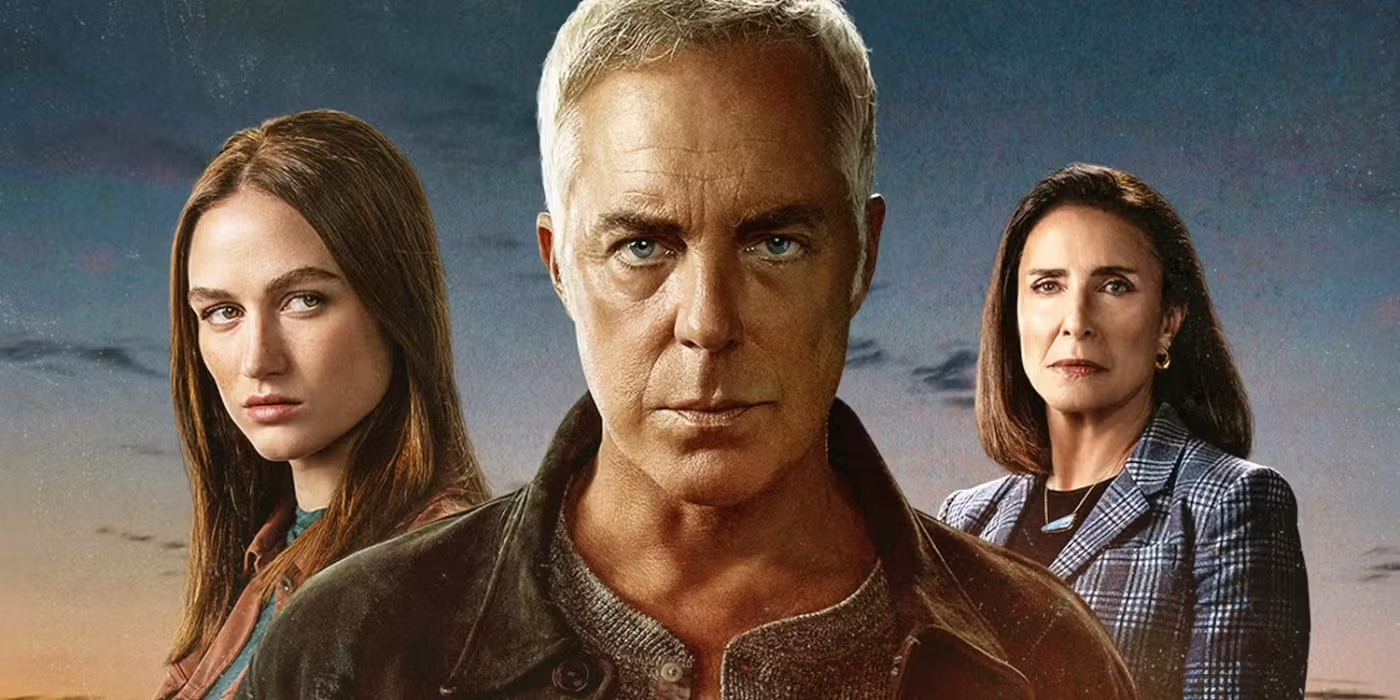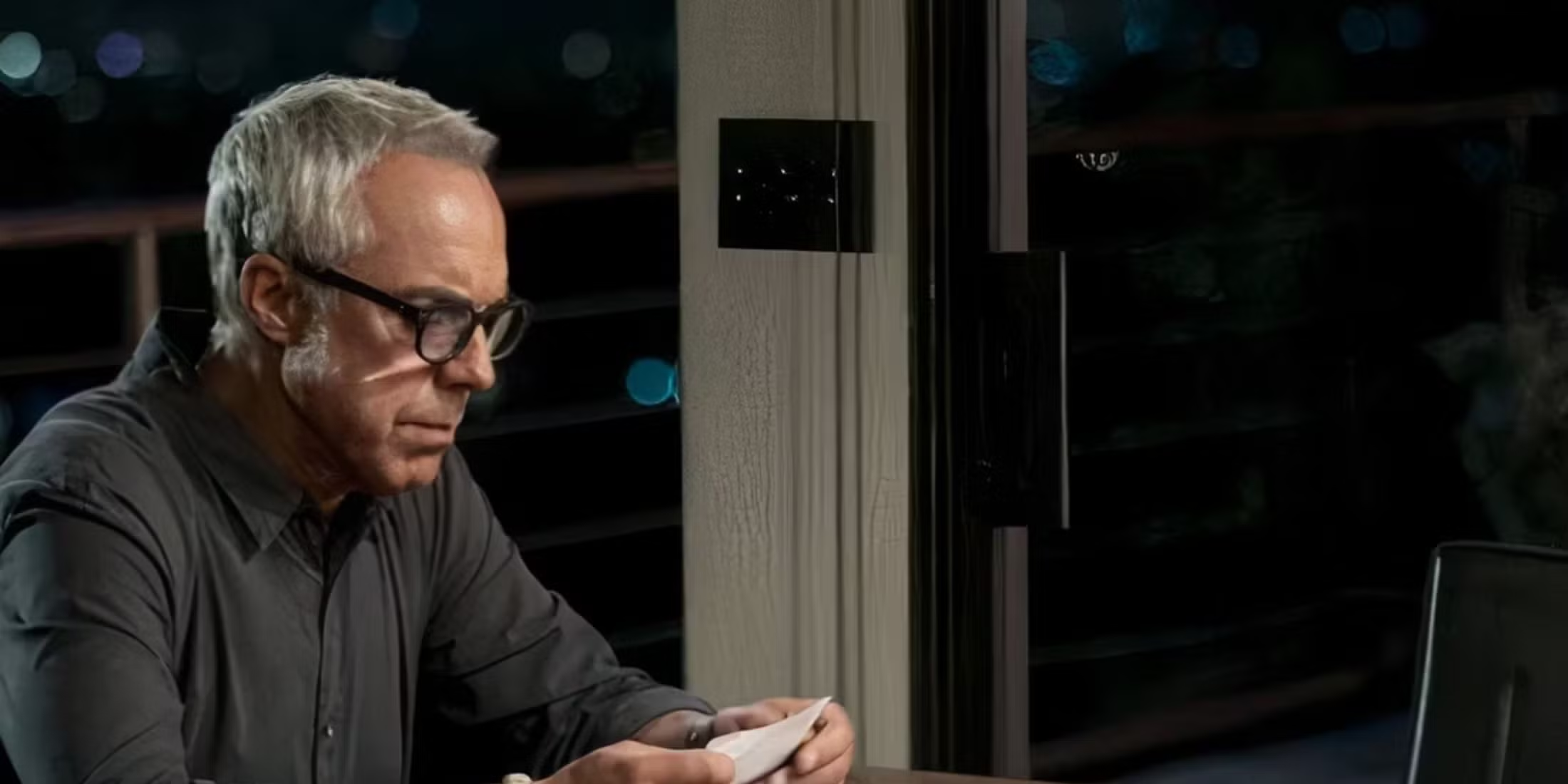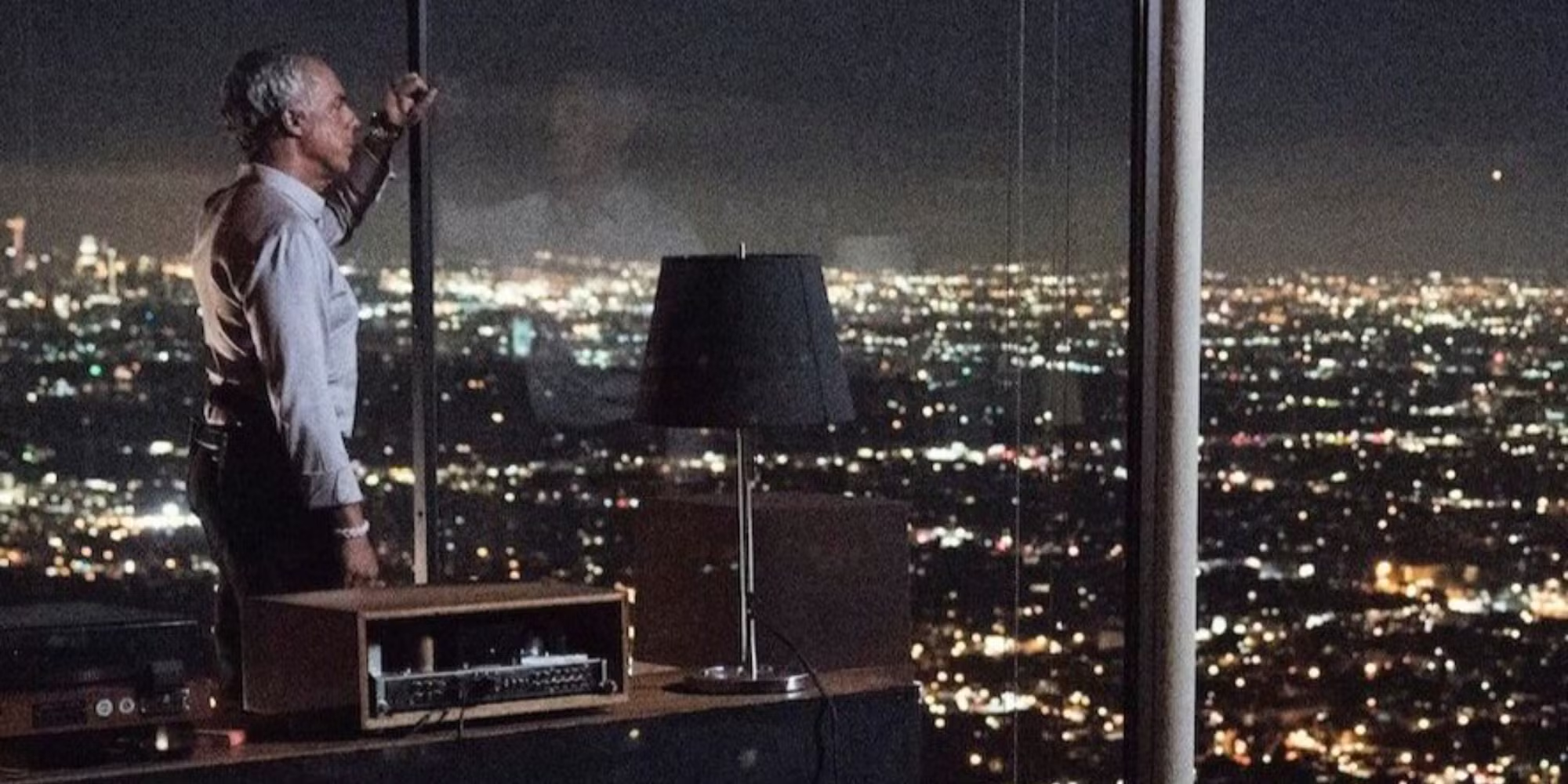Bosch’s Thrilling Journey Through the Heart of Los Angeles

Los Angeles is a city of contradictions—dazzling lights and dark alleys, dreams and despair. At the core of Amazon Prime Video’s Bosch, adapted from Michael Connelly’s bestselling novels, lies a story that captures this duality through the eyes of Harry Bosch, a detective relentlessly pursuing justice amidst the boundaries of crime, morality, and personal demons. With a gripping narrative spanning seven seasons, Bosch is not just a crime drama—it’s a journey into the soul of a man and the city he serves. Let’s delve into the intricate plot that has made Bosch a modern classic, earning an 83% score on Rotten Tomatoes.

A Detective Forged in Fire
Harry Bosch, portrayed with raw intensity by Titus Welliver, is no ordinary detective. A Vietnam War veteran and seasoned investigator with the Los Angeles Police Department (LAPD), Bosch carries the weight of his past into every case. His mantra, “Everybody counts or nobody counts,” fuels his relentless determination to solve murders, no matter the stakes or the power of his adversaries.
The series opens with Bosch already a complex figure—haunted by his mother’s unsolved murder from childhood, estranged from parts of his personal life, yet fiercely devoted to his daughter, Maddie, and his moral code.

Each season of Bosch draws inspiration from Connelly’s novels, such as City of Bones, Echo Park, and The Concrete Blonde, weaving intricate cases that blend real-world grit with a noir atmosphere.
The pilot introduces a chilling case: the discovery of a child’s bones in the Hollywood Hills. As Bosch digs deeper, he uncovers not just a killer but a web of corruption that tests his principles. This case sets the tone for the series—every investigation is personal, every clue a step toward justice or self-destruction.
A Tapestry of Crime and Consequence
What sets Bosch’s plot apart is its refusal to oversimplify. Each season tackles a new case, but the threads of Bosch’s life—his relationships, his past, and his battles with the system—create a continuous narrative arc.
In one season, he pursues a serial killer whose crimes echo Bosch’s own trauma; in another, he unravels a conspiracy reaching the highest echelons of power. The cases are grounded in the complex realities of Los Angeles, from gang violence in South Central to corporate greed in downtown skyscrapers.
The series masterfully balances episodic investigations with overarching character development. For instance, in Season 3, inspired by The Black Echo, Bosch investigates the murder of a homeless veteran while confronting his own wartime memories.

The case forces him to face his guilt and question whether justice can ever be pure in a city rife with compromise. Meanwhile, his partnership with Detective Jerry Edgar (Jamie Hector) adds layers of tension and camaraderie, as their differing approaches to policing clash and converge.
Bosch’s personal life is as compelling as his cases. His relationship with Maddie, his teenage daughter, evolves from distant to deeply protective, reflecting his struggle to shield her from the darkness he faces daily.
Subplots involving his ex-wife, Eleanor, and his clashes with superiors like Deputy Chief Irvin Irving (Lance Reddick) portray a man torn between duty and defiance.
These personal stakes elevate the plot beyond a typical procedural, making every victory bittersweet and every loss visceral.
Los Angeles: The Silent Protagonist
The city of Los Angeles is more than a backdrop—it’s a character in its own right. From the neon-lit Sunset Strip to the gritty streets of Skid Row, Bosch captures the city’s pulse with unflinching realism.
The cinematography paints a noir-inspired portrait, where sun-drenched days contrast with shadowy nights, mirroring Bosch’s own moral ambiguity.
The plot often uses real locations, like the Angels Flight railway or the Hollywood Reservoir, grounding the story in a tangible sense of place.

Each case reflects the city’s underbelly. In Season 4, based on Angels Flight, the murder of a prominent attorney exposes racial tensions and political machinations, forcing Bosch to navigate a media frenzy and departmental pressure.
The plot doesn’t shy away from heavy themes—systemic racism, corruption, and the cost of truth—yet avoids preaching, letting the story speak through Bosch’s actions and their consequences.
Legacy and Evolution
As Bosch progresses, the plot evolves to reflect Bosch’s changing world. By Season 7, inspired by The Burning Room, he faces retirement and a city on edge after a deadly arson case.
The narrative builds to a crescendo, questioning whether Bosch’s rigid code can survive in a system that often rewards compromise.
Yet, the story doesn’t end there. Bosch: Legacy, the spin-off series, sees him as a private investigator, continuing his quest for justice outside the LAPD’s constraints.
This transition keeps the plot fresh, introducing new challenges while staying true to Bosch’s core.
Why Bosch Resonates
The plot of Bosch resonates because it’s more than a whodunit. It’s a meditation on justice, loyalty, and the human cost of standing for what’s right.
Each case is a puzzle, meticulously crafted with twists that keep viewers guessing, but it’s Bosch’s inner struggle that truly captivates. The series poses tough questions:
Can one person make a difference in a flawed system?
What is the cost of holding onto principles?
Through Welliver’s nuanced performance and Connelly’s taut storytelling, Bosch delivers answers that are both unsettling and satisfying. For fans of crime dramas, Bosch is a masterclass in storytelling—gritty, atmospheric, and morally complex. It’s a series that doesn’t just entertain but challenges you to see the world through the eyes of a man who refuses to look away from its darkness. Whether you’re drawn to the pulse-pounding investigations or the quiet moments of Bosch gazing over the city he’s sworn to protect, this is a story that lingers long after the credits roll.





